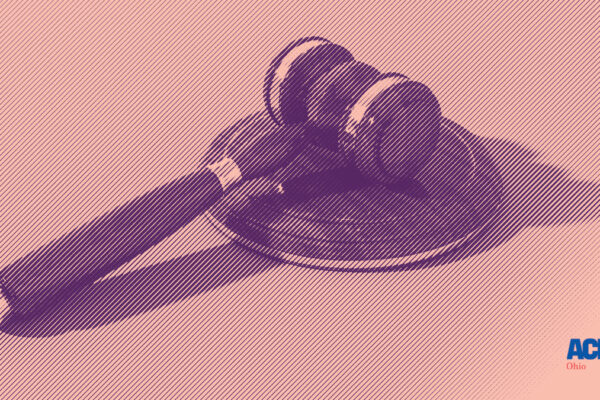WASHINGTON — This morning, the American Civil Liberties Union and the ACLU of Ohio filed an opposition brief with the U.S. Supreme Court, asking the court to deny the government’s request to stay the preliminary injunction — ordered by United States District Judge James S. Gwin last month — at Elkton Federal Correction Institution. This is the first time the Trump administration has asked the Supreme Court to block an order that would protect prisoners from COVID-19.
In a rebuke this week, Judge Gwin noted that one in four people tested at Elkton had tested positive for COVID-19, and that the BOP was required to expedite the transfer and release of the 837 members of the medically-vulnerable subclass to home confinement and compassionate release. Nine people have died at the prison, making it one of the more deadly BOP-run prisons during this pandemic.
David Cole, legal director of the ACLU, issued the following statement:
“There are more than 800 people incarcerated at Elkton and at risk of serious illness or death from this virus. People have a constitutional right to health, safety, and dignity while incarcerated — something that Elkton has proven it cannot provide right now. Around the country, courts have been slow to step in and take responsibility to protect the tens of thousands of incarcerated people who are at risk from this virus. Bold leadership from courts will be required to mitigate the humanitarian crisis we’re facing. We urge the Supreme Court not to intervene and block an order that will save lives. It would be a tremendous mistake.”
David Carey, senior staff attorney of the ACLU of Ohio, issued the following statement:
“It’s been nearly a month since Judge Gwin ordered Elkton to start using every means at its disposal to move medically-vulnerable prisoners to safety. Instead of complying, the federal government has stalled and delayed at every turn. Even though the prison has still failed to conduct mass testing, we know for certain that nine people have died, and this deadly outbreak is continuing to worsen. If the Supreme Court issues a stay, halting the lower court’s efforts to force the expedited release and transfer of those who remain at high risk, the outcome will be devastating.”
Documents
Stay Informed
Sign up to be the first to hear about how to take action.
By completing this form, I agree to receive occasional emails per the terms of the ACLU’s privacy statement.
By completing this form, I agree to receive occasional emails per the terms of the ACLU’s privacy statement.

